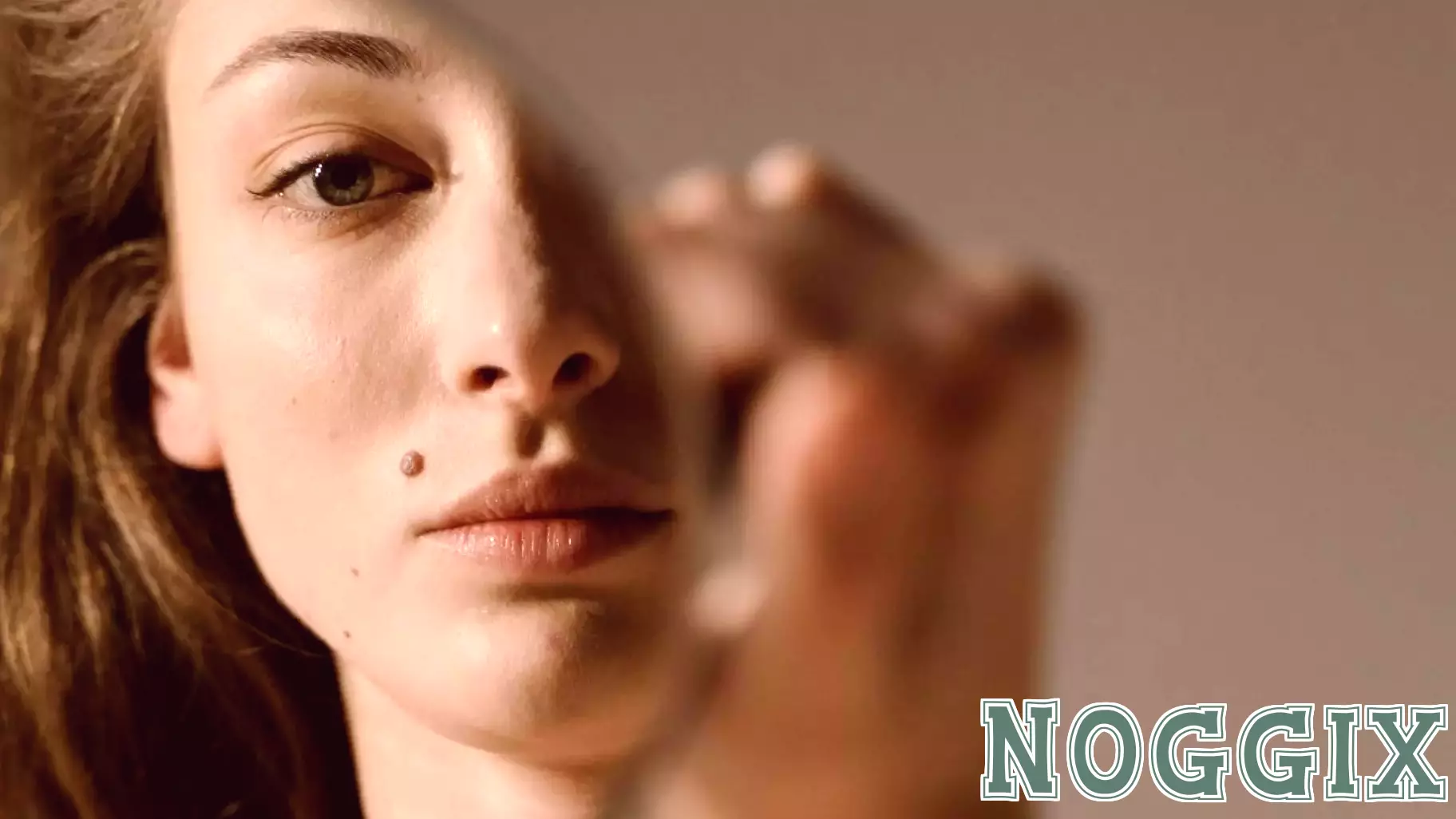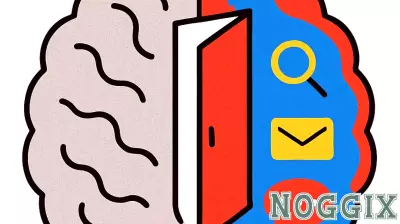December 30, 2024 - 01:34

Body Dysmorphic Disorder (BDD) is a mental health condition characterized by an overwhelming preoccupation with perceived flaws in one’s appearance. Individuals grappling with BDD often experience three core themes that define their daily lives.
Firstly, many suffer from distorted self-image, leading them to believe they look unattractive or deformed, despite reassurance from others. This warped perception can result in significant distress and anxiety, impacting their self-esteem and overall quality of life.
Secondly, social withdrawal is a common struggle. Those with BDD may avoid social situations, fearing judgment or ridicule based on their appearance. This isolation can exacerbate feelings of loneliness and depression, further entrenching their negative self-view.
Lastly, compulsive behaviors, such as excessive grooming or seeking cosmetic procedures, often manifest as individuals attempt to “fix” their perceived flaws. Unfortunately, these actions rarely provide the relief they seek, perpetuating a cycle of dissatisfaction and obsession. Understanding these struggles is crucial in fostering empathy and support for those affected by this challenging disorder.



